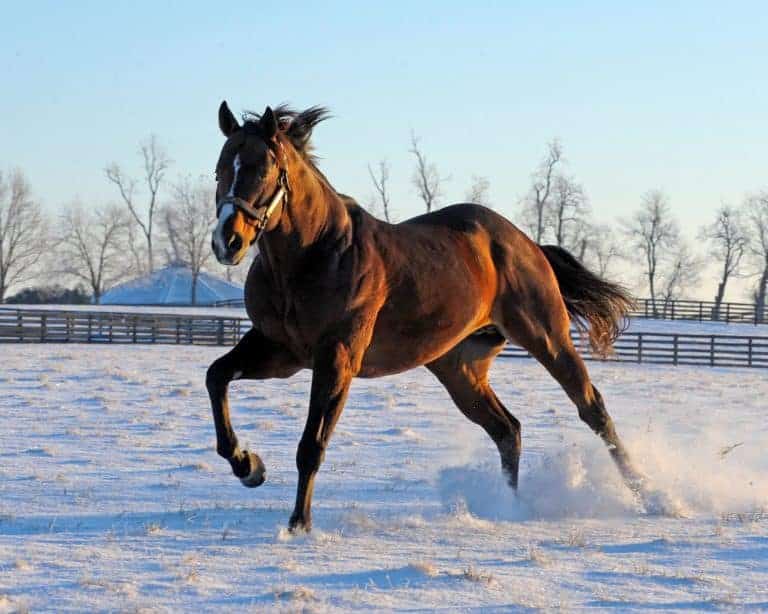CEM Exemptions Rescinded for Spanish Purebred Horses
Officials from the USDA’s National Center for Import/Export recently rescinded a contagious equine metritis (CEM) exemption once given to Spanish purebred horses. The exemption allowed these horses to pass through the import center with an abbreviated form of CEM testing, an allowance that was revoked due to repeat violations of U.S. equine import requirements.
Contagious equine metritis












